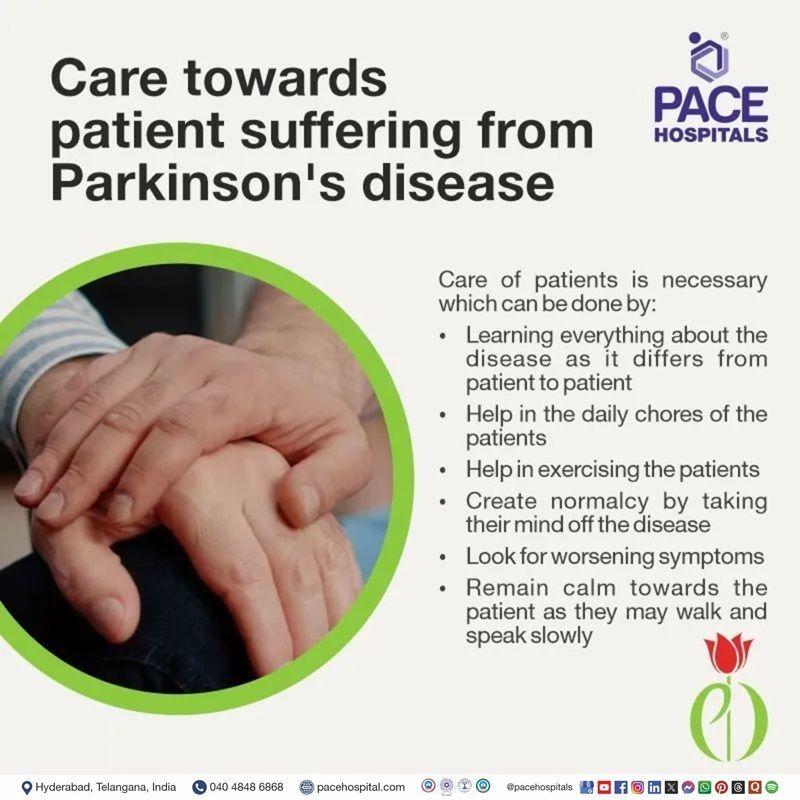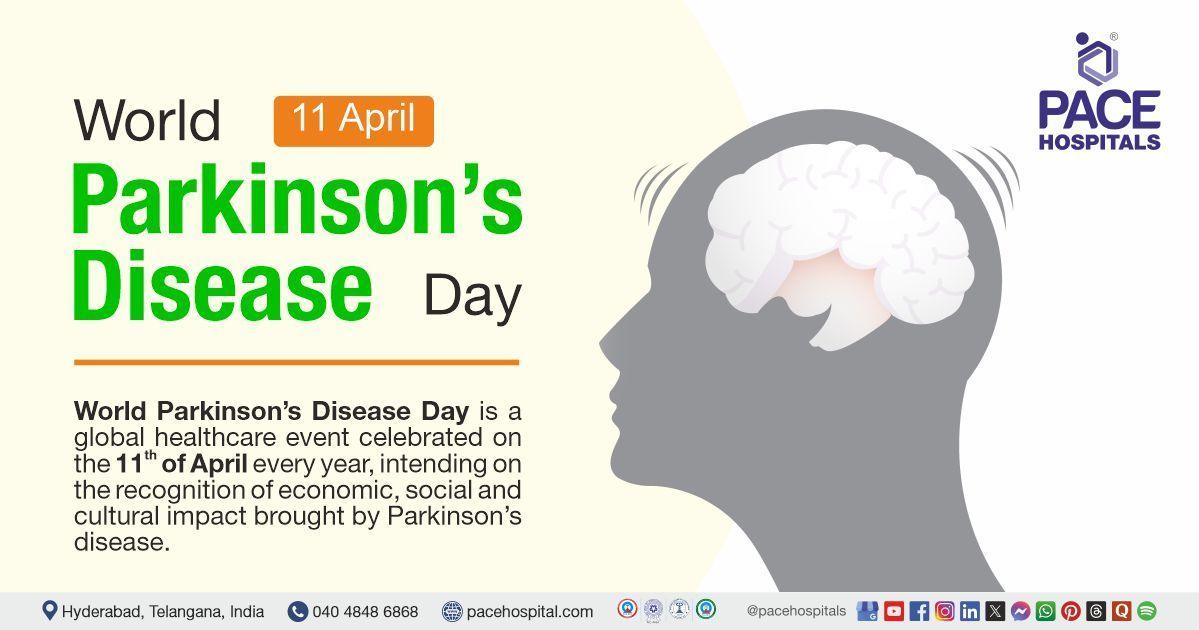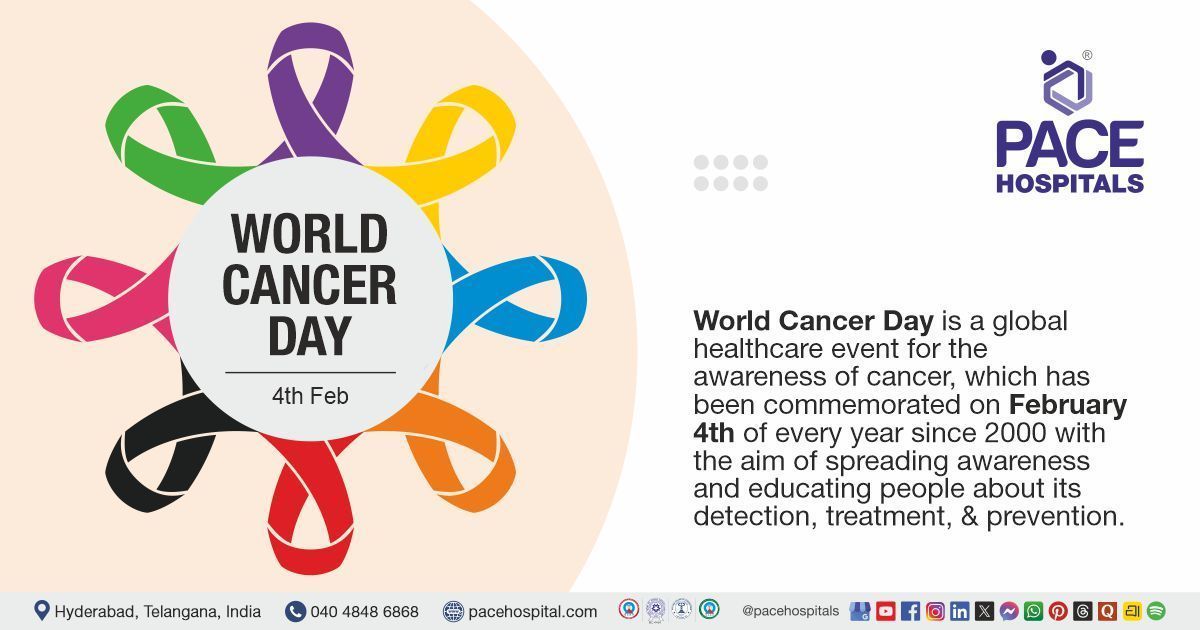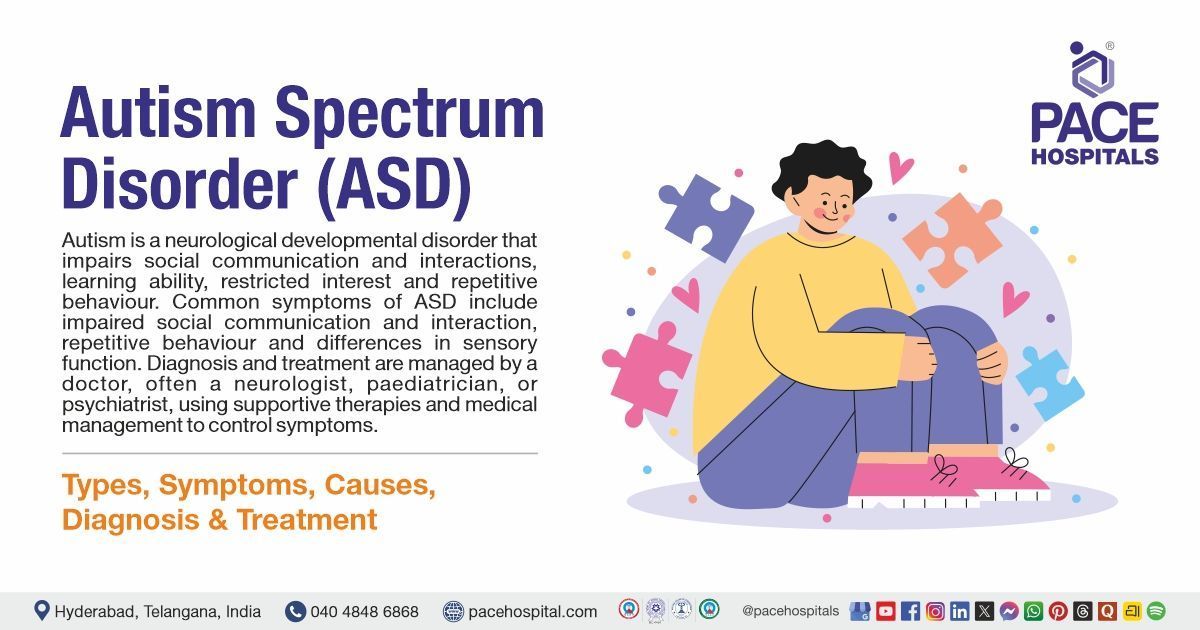World Parkinson's Day 11 April, 2025 | History, Theme & Importance
Pace Hospitals
World Parkinson’s Disease Day is a global healthcare event celebrated on the 11th of April every year, intending on the recognition of economic, social and cultural impact brought by Parkinson’s disease and subsequently work on the acceptance, support and the inclusion of the patients suffering from the ailment.
This neurodegenerative movement disorder, Parkinson’s disease has hallmark motor symptoms such as tremor, bradykinesia, and rigidity and is estimated to affect at least 60 lakh individuals worldwide. The prevalence rates could be doubled in the coming years.
The patients of Parkinson’s disease demonstrate emotional and communicative challenges such as difficulty in generating and understanding emotional facial expressions and emotional speech (dysarthria), as well as struggling acknowledge the verbal and nonverbal emotional cues.
Importance of World Parkinson’s Day
Despite being the is the second most common neurodegenerative disease worldwide, Parkinson’s disease, the exact prevalence of Parkinson’s is still undetermined in India mainly due to the lack of scientific literature. Nevertheless, it could be estimated that around 10 lakh people over the age of 60 are affected by the ailment.
Very little known about Parkinson’s disease outside the medical circles is mainly due to its symptoms profile. The symptoms of Parkinson’s disease do resemble the common old age inattentiveness which partly contributes to cases remaining unidentified.
This lack of information exacerbates the challenge of healthcare access in poor countries. In India, there is roughly one neurologist for every 2 lakh people, with the bulk of them (70-80%) practising in cities.
History of World Parkinson’s Day
In April 1997, the inaugural World Parkinson's Day (WPD) was established by the European Association for Parkinson's Disease (now known as Parkinson's Europe) and co-sponsored by the World Health Organization (WHO). This date marks Dr. James Parkinson's birthday.
Dr James Parkinson (1755 – 1824) is the first person to identify Parkinsonism as a medical condition which he published his findings in the article ‘An Essay on the Shaking Palsy’ in 1817.
In 1997, at the first World Parkinsonian’s Day event, the Parkinson's Europe Charter was introduced which provided the Parkinson's disease patients, their families, and health care professionals a way to work together to raise awareness about the disease and raise its profile. The Charter gradually obtained support from various imminent and influential people and policy makers all over the world.
In response to World Parkinsonian’s Day 1997, the WHO established the Working Group on Parkinson's Disease in May 1997 resulting in the creation of the first Global Declaration on Parkinson's Disease in Mumbai, in December 2003, with the goal of encouraging a shift in attitude toward Parkinson's.
The Red Tulip was adopted as the official symbol for the disease in the 9th World Parkinsonian’s Day conference held in Luxembourg in 2005.
In 2022 Parkinson's organisations across the globe collaborated in 2022 to design and introduce a new emblem for World Parkinson's Day - "The Spark" which encouraged the Parkinson's community to speak with one voice and to develop a common emblem for the disease. The Spark is the product of an active collaboration amongst worldwide Parkinson's organisations.

Care towards patient suffering from Parkinson's disease
There is currently no cure for Parkinson’s disease. While dopaminergic therapies can help manage motor symptoms, their effectiveness often diminishes over time, requiring higher dosages to achieve the same level of control. Comprehensive care and support for patients are essential, and caregivers can make a meaningful difference by:
- Educating themselves about the disease, understanding that symptoms vary from person to person.
- Assisting with daily tasks such as cooking, shopping, and transportation to medical appointments.
- Encouraging regular exercise, which can stimulate dopamine production and improve motor function.
- Promoting emotional well-being by engaging patients in conversations and activities they enjoy, helping maintain a sense of normalcy.
- Monitoring for changes, as symptoms can progress and may require adjustments in care.
- Practicing patience and empathy, recognizing that Parkinson’s can impact mobility, speech, and overall independence.
- By fostering understanding and compassionate care, we can help individuals with Parkinson’s live with dignity and improved quality of life.
Share on
Request an appointment
Fill in the appointment form or call us instantly to book a confirmed appointment with our super specialist at 04048486868











